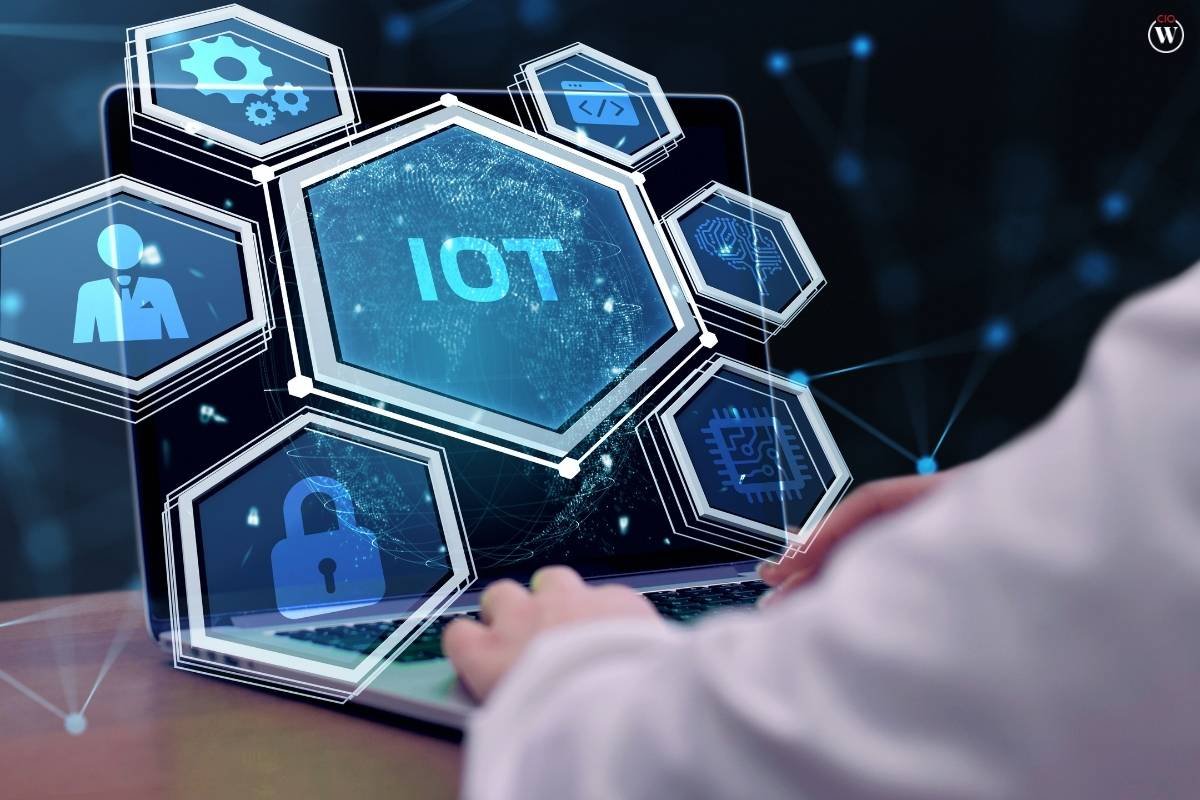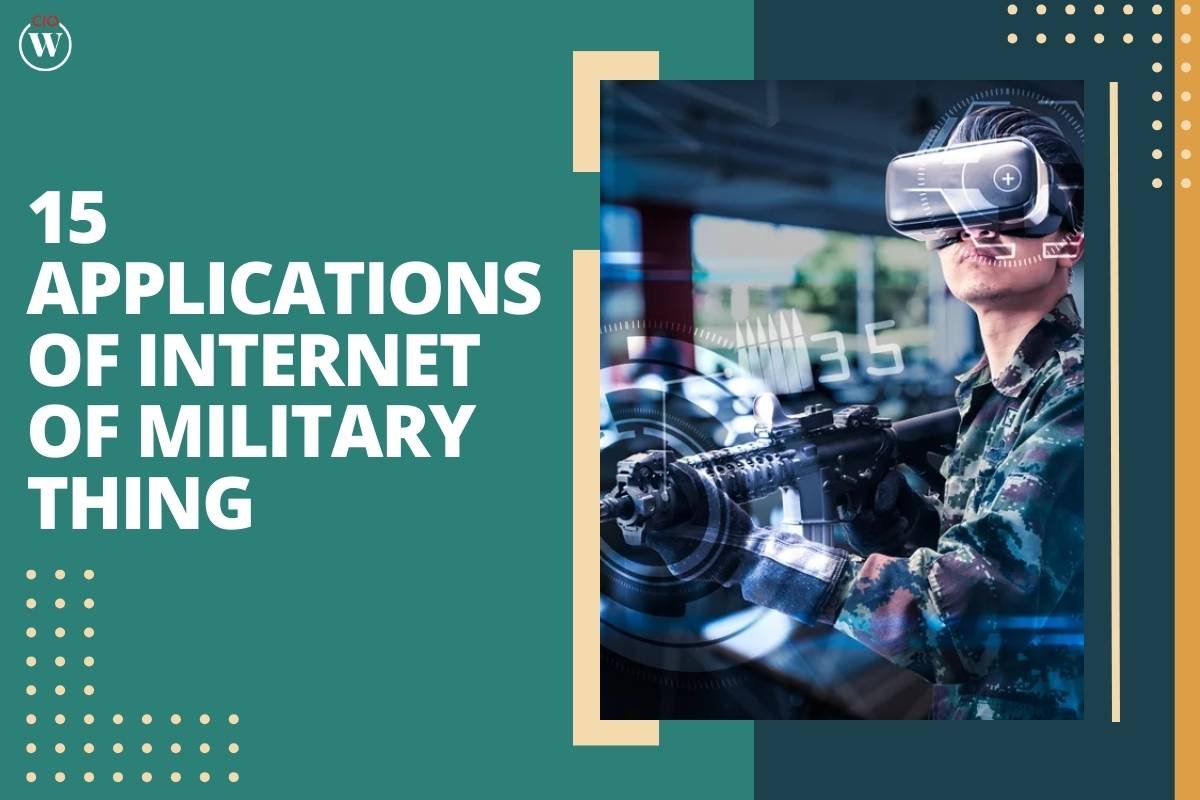The way people have come together in today’s digital sphere is magical. We can communicate wherever in the world sitting in one place. This strength is given to us by the internet, and means of communication. The potential that IoT gives us is immense in terms of bringing ease to work. It emerges as a third wave into the digital landscape. The most important aspect of decision-making is affected, which helps organizations make productive decisions in the long run.
The advent of IoT has revolutionized the computing systems and information-sharing systems. A computing aspect where physical objects used in daily life will identify themselves when they get connected to the internet is called IoT. The objects embedded with radio frequency, identification, sensors, actuation, and smart objects converge with the internet data and share the same in IoT. This is the potential of IoT to consider as it is important.
We are here to talk about Unveiling the true potential of IoT – Opportunities and challenges. Let’s see further:
Opportunities Galore: Unlocking the Potential of IoT

- Enhanced Efficiency:
The true potential of IoT lies in its ability to boost efficiency across industries. Businesses can monitor and optimize processes in real time, resulting in cost savings and improved productivity. This overall helps the business to increase sales figures gradually which is the ultimate goal. For example, manufacturing plants can use IoT sensors to track machine health and reduce downtime.
- Data-Driven Decision-Making:
IoT generates a wealth of data, offering businesses invaluable insights. With the right analytics tools, companies can make data-driven decisions, tailor products and services to customer preferences, and identify new market trends.
- Improved Customer Experiences:
IoT allows businesses to personalize customer experiences like never before. Smart devices can gather user data and adjust settings accordingly, leading to greater customer satisfaction. The IoT technology allows us for better decision-making, which creates an impact on various aspects of the brand. For instance, smart home systems can learn and adapt to residents’ preferences for lighting and temperature.
- Cost Reduction:
The potential of IoT extends to cost reduction through predictive maintenance. By monitoring the health of equipment, businesses can schedule maintenance when it’s needed, reducing the need for costly emergency repairs and downtime.
- Supply Chain Optimization:
IoT enables real-time tracking of goods in transit. This provides greater visibility into the supply chain, reducing errors, and enhancing inventory management.
Challenges on the Horizon: Navigating the Potential of IoT

- Security Concerns:
With the proliferation of interconnected devices, security becomes a paramount concern. The potential of IoT also brings the risk of cyberattacks, data breaches, and privacy violations. Protecting sensitive data and ensuring device security is a top challenge.
- Interoperability Issues:
Many IoT devices are developed by different manufacturers, leading to compatibility and interoperability challenges. Integrating devices from various vendors can be complex and costly.
- Scalability:
As businesses expand their IoT deployments, scalability becomes a challenge. Ensuring that IoT infrastructure can handle a growing number of devices and data is crucial.
- Data Management:
The potential of IoT generates vast amounts of data that need to be stored, processed, and analyzed. Companies must invest in robust data management solutions to harness the insights effectively.
- Regulatory Compliance:
IoT often involves the collection and processing of personal data, subject to various regulations like GDPR and CCPA. Navigating compliance requirements can be complex.
The Future of IoT in Business
- Industry 4.0:
IoT will play a pivotal role in Industry 4.0, also known as the Fourth Industrial Revolution. Manufacturing, for instance, will see increased automation, predictive maintenance, and smart factories driven by IoT.
- Edge Computing:
Edge computing will become more prevalent as IoT devices generate data at the source. This will reduce latency, making real-time decision-making even faster.
- AI Integration:
Combining IoT with artificial intelligence (AI) will unlock new possibilities. AI algorithms can process IoT data to provide actionable insights and automate tasks.
- Smart Cities:
The potential of IoT extends to urban environments, where smart city initiatives are gaining momentum. IoT sensors can monitor traffic, manage energy consumption, and enhance public services.
Also read: Impact Of Artificial Intelligence In Business
- Healthcare Revolution:
IoT will revolutionize healthcare with wearable devices, remote patient monitoring, and smart medical equipment, improving patient outcomes and reducing healthcare costs.

- IoT: The Next Big Step
As we look ahead, the next big step in realizing the potential of IoT lies in autonomous systems and predictive analytics. IoT devices will become even smarter, capable of making decisions and taking actions without human intervention. This will result in more efficient operations, reduced downtime, and cost savings for businesses.
Imagine a manufacturing plant that not only detects a potential equipment failure but also automatically schedules maintenance and orders replacement parts. Or a smart home that not only adjusts lighting and temperature based on user preferences but also predicts when appliances may need maintenance or replacement, proactively offering solutions.
Conclusion
The potential of IoT is boundless, offering opportunities for businesses to enhance efficiency, improve customer experiences, and reduce costs. It will revolutionize the way brands and startups function and communicate. However, it also presents challenges, particularly in terms of security and data management. The future of IoT in business holds exciting prospects, with AI integration, smart cities, and healthcare innovations on the horizon. Especially post covid, the need for developing the healthcare sector is realized by the whole world. The next big step for IoT will be the transition to fully autonomous systems, paving the way for a more connected, intelligent, and efficient world.









